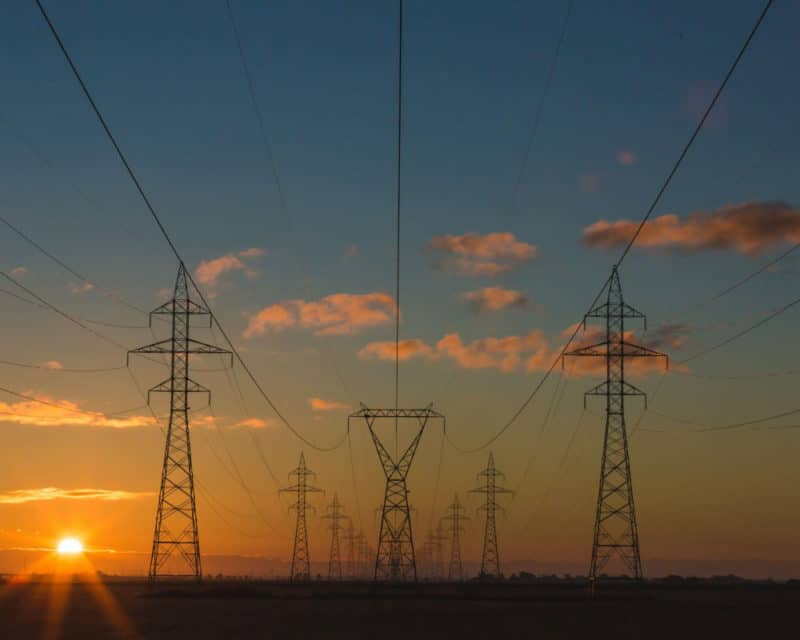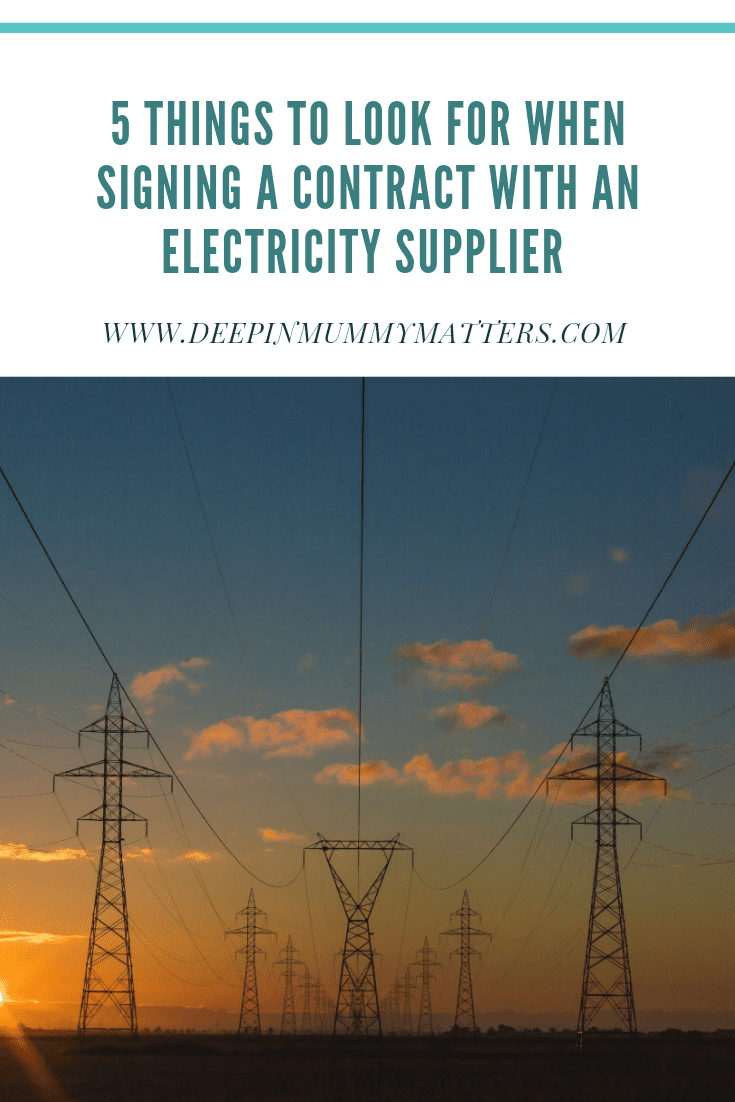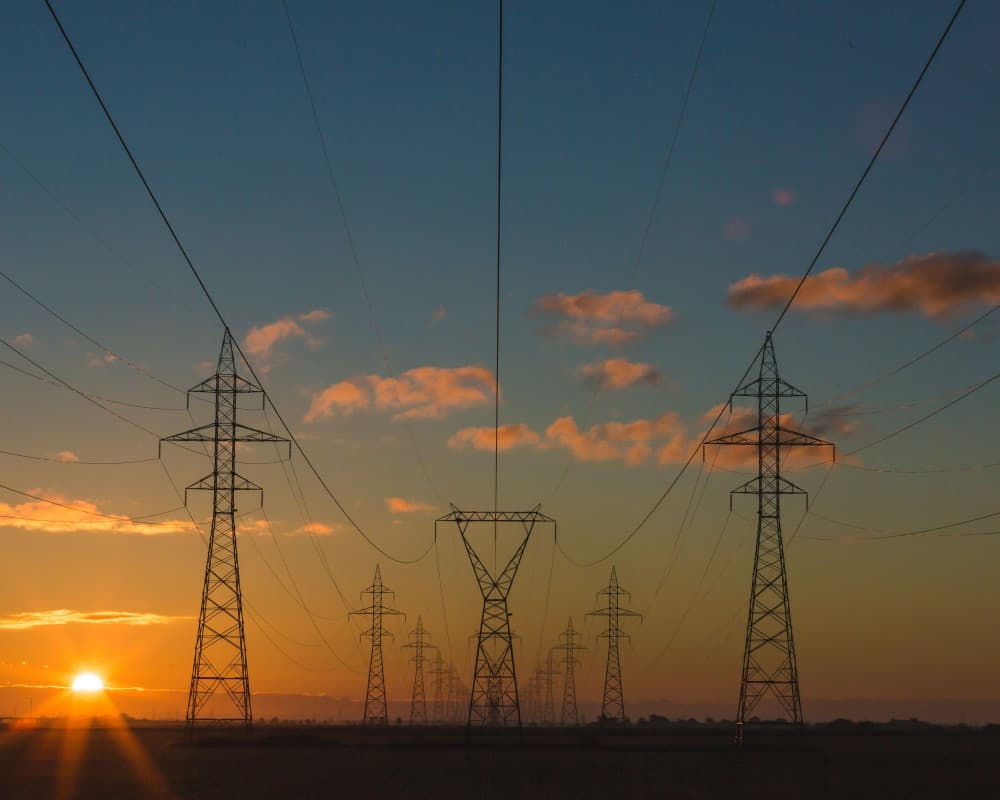Energy for consumption isn’t an easy utility to acquire anymore. With multiple overhead charges, energy type options, and various contractors and suppliers available, choosing a gas and electricity company is difficult, especially if you’ve recently relocated to a new place.

If you’re looking for an electricity supplier, we can help. We’ve put together a list of things you must look at before signing a contract.
1. Term Of Contract
The foremost concern you should have is the length of your electricity supply agreement. If you like the supplier’s quoted price, add-on benefits, utility, and services, signing an extended contract can get you a low price or collateral benefits that might be useful. Long-term agreements come with financial benefits when seeking essential utilities such as energy. No wonder one should thoroughly check the contract’s clause, legal rights you hold, and benefits offered for the term before signing it.
If the long-term contract gives you benefits but would require you to pay additional fees for early termination, you might want to consider the duration for which you need the electricity supplier to make the best decision.
2. Utility Fees Inclusion
A lowball figure may entice you enough to sign the agreement, but don’t let it fool you. The quoted price on the contract is often much lower than the actual bill you’d be required to pay every month. The quoted price is the amount on your invoice that is fixed every time you pay your energy bill; the supplier cuts out the overhead charges, service tax, utility fees, and other charges when quoting the price since these are variable charges. All these ‘extra’ charges would be visible when you look at your electricity bill when it’s time to pay for it.
Therefore, read the contract thoroughly to understand all about the other charges and terms and conditions before you sign to avoid getting surprised when you receive the bill in your mail.
3. Rate Structure

Rate structure is another crucial aspect of understanding your energy contract. There are two kinds of rate structures:
i) Fixed Energy Rate: it is an agreed rate structure fixed upon signing the contract. So regardless of the fluctuations in the market rate, the contracted rate won’t increase or decrease. This is great for customers seeking energy supply on a budget.
ii) Variable Energy Rate: It may change throughout the contract period as they depend entirely on the market’s fluctuations. Hence, it makes it harder for the customers to predict their monthly energy bills.
A great tip when seeking energy suppliers is to request quoted prices from energy suppliers on the same kind of contract rate structures over extended periods (such as 12 to 24 months) to ensure an accurate comparative study.
4. Payment Terms
Payment terms and conditions are an important part of the electricity contract. Most commercial energy suppliers offer a 14-day payment period. While this can be negotiated when signing the contract, it may alter your rate structure or overhead charges. Additionally, penalties for late fee payments are also the fine print that requires your attention beforehand.
Before signing the contract, pay due attention to the payment terms and agreements to understand them completely.
5. Consultants’ Commission

If you’ve contacted the energy supplier through a broker or consultant, the contract may mention the consultant’s commission fee payable by the supplier after you’ve signed the agreement. This is often not listed in the quoted price but rather is added as an add-on to your electricity bill. When calculating your financial benefit, consider the consultant’s fee to understand and compare costs with other energy suppliers.
It’s understandable if you accidentally miss out on the fine print or misunderstand a technical term on the contract—after all, you don’t read electricity contracts every day. Thus, you must take time to get through the contact or hire a professional to help you understand the rate structure, payment terms, and other details.


